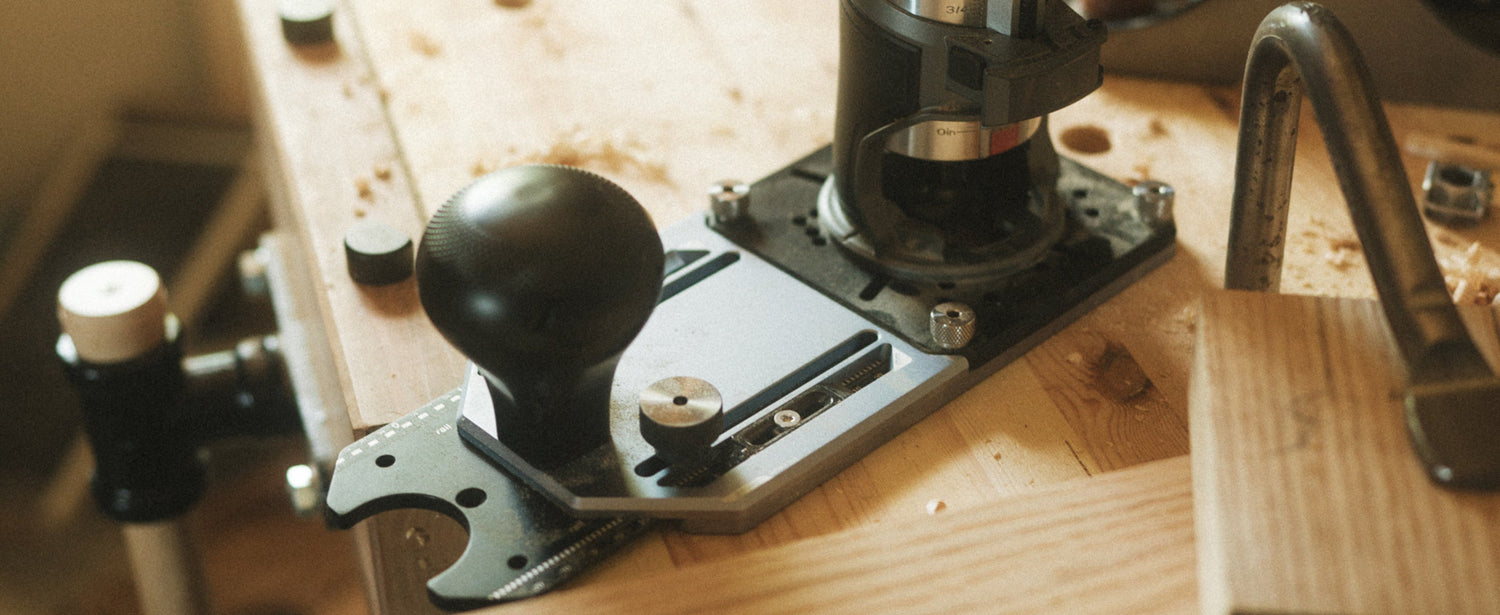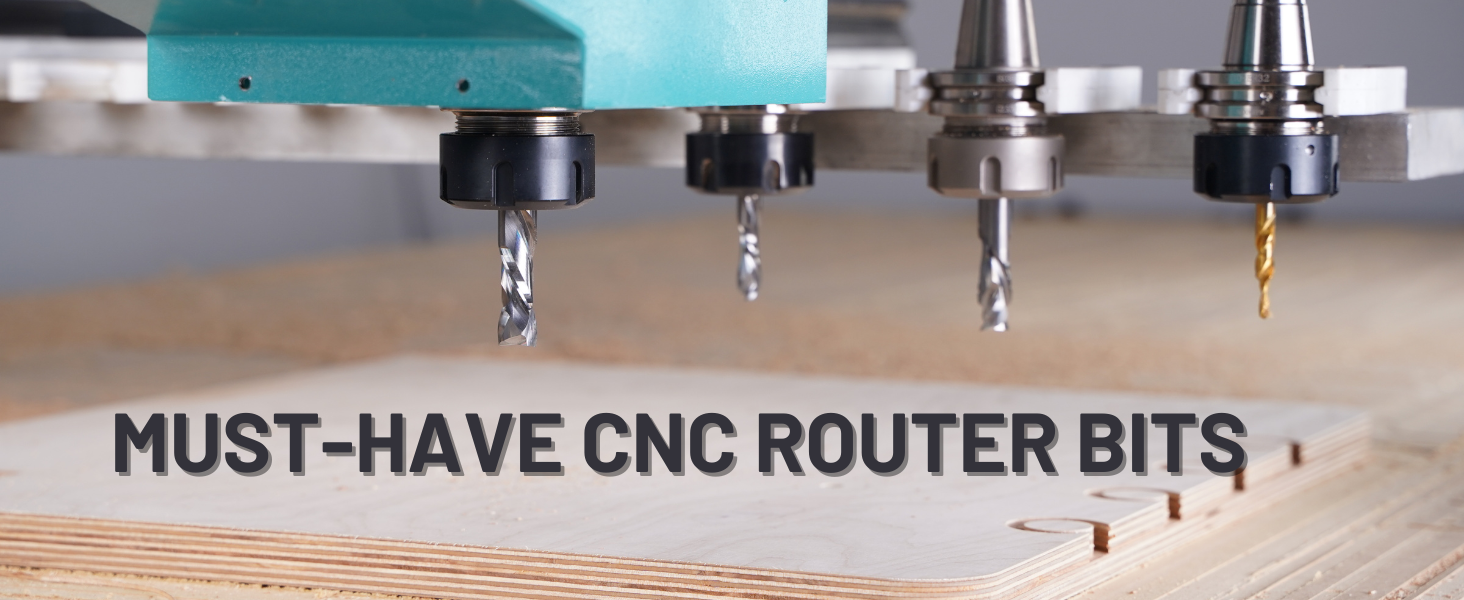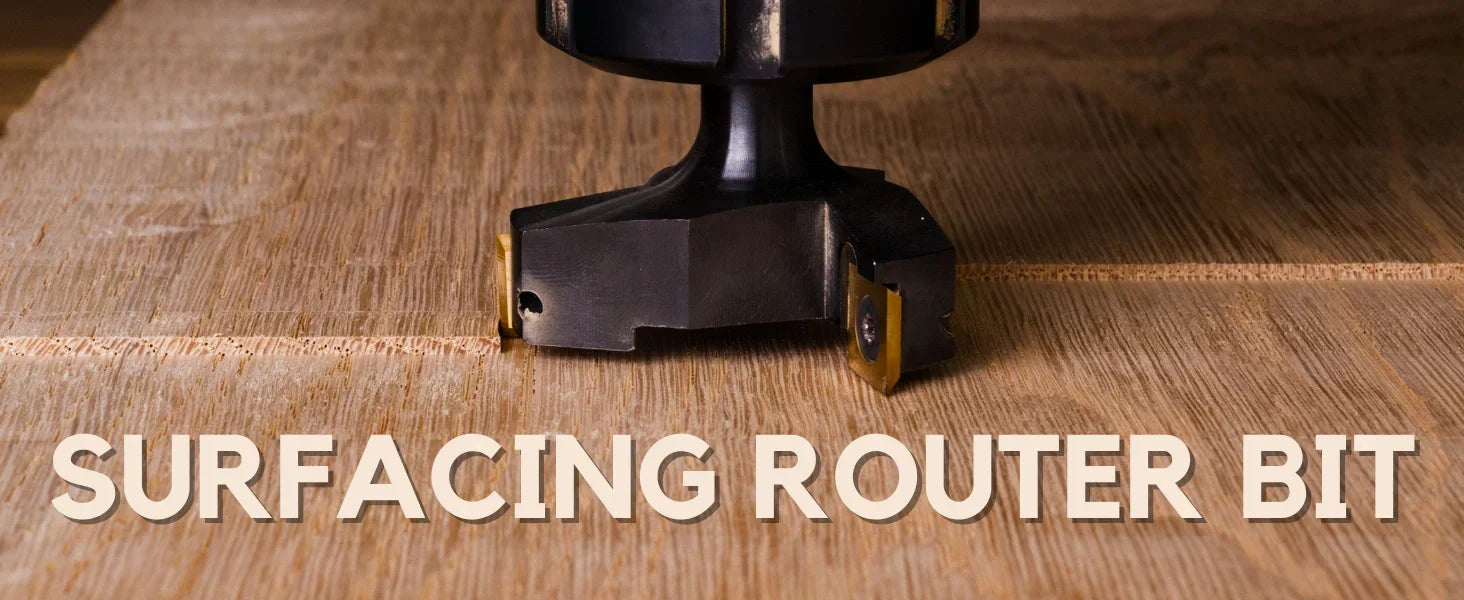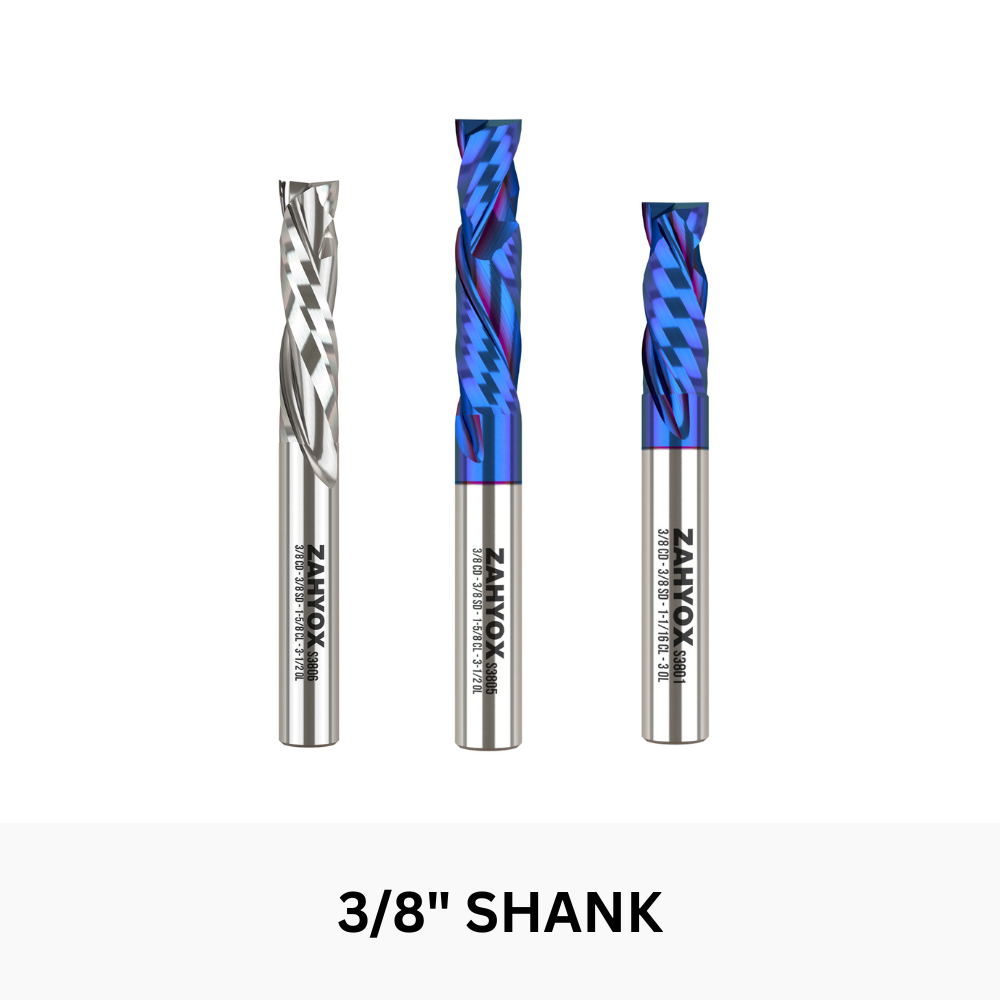In the realm of modern woodworking and manufacturing, the choice of CNC router bits is pivotal. These tools, varying in materials and coatings, play a crucial role in determining the quality and durability of your work. This guide delves into the various options available, helping you make informed decisions for optimal tool performance and longevity.
Exploring Router Bit Materials:
High-Speed Steel (HSS): A go-to for its durability and heat resistance, HSS is perfect for cutting wood, plastic, and non-ferrous metals. Its affordability makes it a popular choice for a range of applications.
Solid Carbide: They are considerably harder, rigid, and more wear-resistant than others. Carbide bits are extremely heat-resistant and used for high-speed applications on some of the hardest materials such as cast iron, non-ferrous metals, alloys and plastics. They have an excellent performance rate and abrasion resistance and can be used on a wide variety of materials.
Cobalt:
Cobalt bits come at a higher price than HSS but provide high-efficiency milling, better wear resistance and toughness.
Diamond: The epitome of hardness, diamond bits are unparalleled for cutting glass, ceramics, and stone. Ideal for high-precision tasks, they offer unmatched longevity, albeit at a higher cost.
Exploring Coating Options
ZahyoX operates our own PVD (Physical Vapor Deposition) coating work center. We provide you with unique coatings for their specific application, we developed X-Series, Y-Series and Z-Series for wood cutting, metal cutting and aluminum machining to truly maximize the performance achievable with ZahyoX cutting tools.
TiALN: Aluminum Titanium Nitride is ideal for high temperature cutting operation in many materials such as Titanium & Nickel Alloys, Co-Cr-Mo, Stainless Steel, Alloy Steels & Cast Iron. When exposed to higher temperatures, it forms a HARD aluminum oxide layer and, as temperatures increase, the coating insulates the tool transferring heat into the chips.
- EXTREMELY TOUGH coating that will hold up in heavy and interrupted cuts.
- Contains a higher aluminum content than the similar TiAlN coating which makes it harder & smoother than TiAlN.
- Ideal for smaller depths of cut
- Excels in high speed and dry machining applications and
- Excels in machining hardened steel.
nACo: Aluminum Titanium Nitride + Silicon Nitride coating is extremely well suited for high performance DRILLING and MILLING applications.
- Resist high heat- up to 1200°C before it starts to oxidize and break down.
- Tough core with HIGH wear and heat resistance.
- Top layer with extreme high Nanohardness.
- Low coefficient of friction for less resistance.
- Up to (1-7) µm thickness in coating layers for the most protection against heat and tool breakdown.
ZrN: Zirconium Nitride coating is a coating developed specifically for machining ALUMINUM, yet excellent when machining all Non-Ferrous materials.
- Highly recommended for machining Fiberglass, Nylon and most Polymer materials.
- Maximum working temperature = 600°C/1110°F.
- Coating thickness of 1 to 2 microns. The coefficient of friction against steel (dry) is 0.55 and the micro hardness (HV 0.05) is equal to 3000.
Conclusion
The right choice of material and coating for your CNC router bits is crucial for achieving quality results and prolonging tool life. Consider the material, machine settings, and budget to select the best option. Remember, proper maintenance, including cleaning, sharpening, and timely replacement, is key to maximizing your router bits' effectiveness.
By understanding these factors, you can enhance the quality of your woodworking and manufacturing projects, ensuring that each cut is precise and each tool lasts longer.














